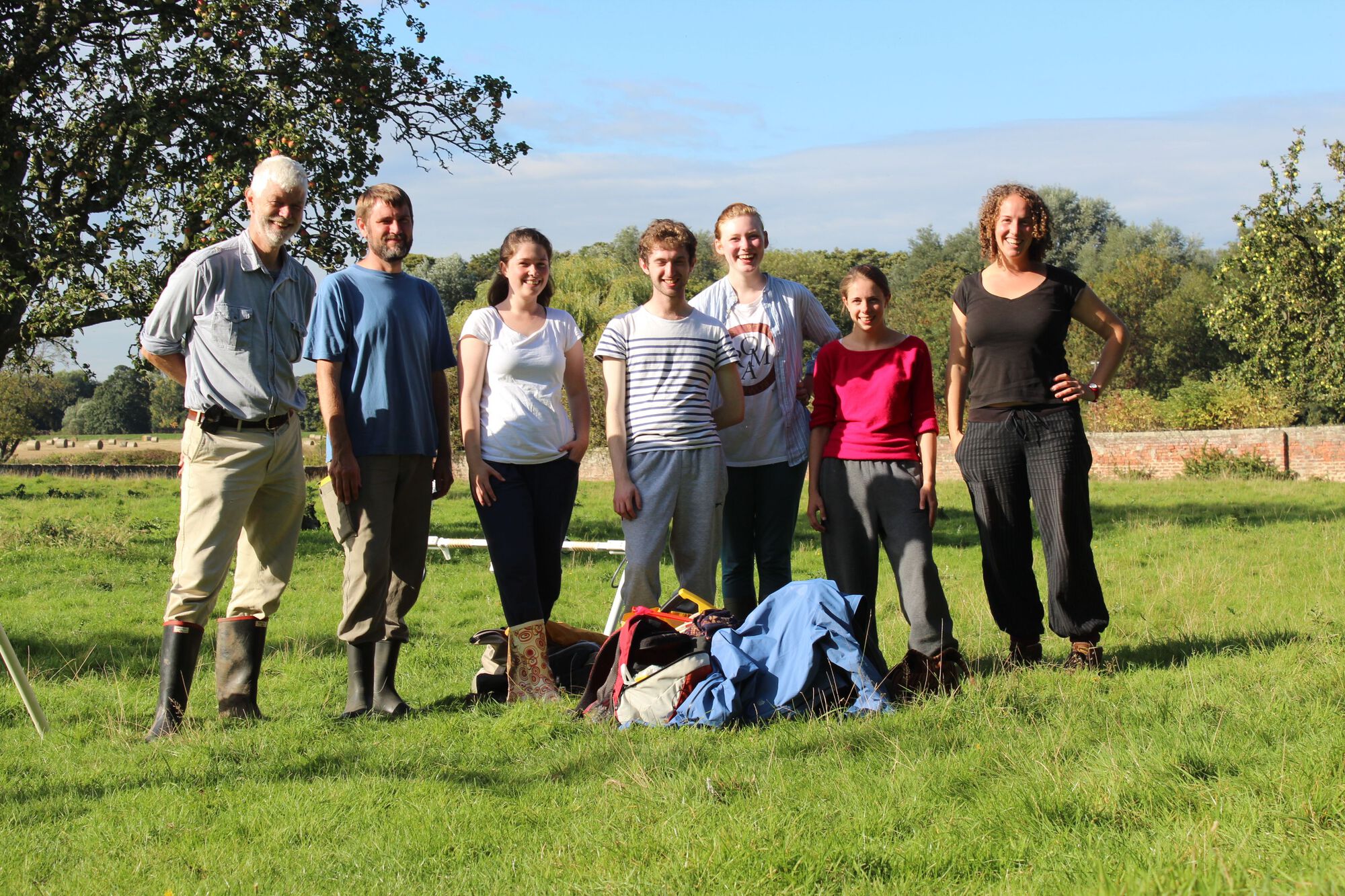
Research on Isurium Brigantum (Aldborough, North Yorkshire, UK), a key Roman administrative and economic centre, has greatly increased knowledge and understanding of the site and reassessed its development in the context of the growth of Roman imperialism in northern Europe, effectively rewriting the history of Roman occupation of NE England.
Isurium was the capital of an administrative unit encompassing most of what is now Yorkshire, County Durham and parts of Northumberland and Lancashire, and one of the principal centres of civic administration in the province. However, it had been little explored since the 1930s.
A large-scale survey of the Roman town by Martin Millett and Rose Ferraby, together with re-examination of past antiquarian and archaeological research, has transformed understanding of the physical form and historical development of this important Roman town.
Analysis of the different strands of evidence demonstrated that the town was founded as a trading centre in the wake of Roman annexation around AD 70 and thoroughly replanned at the same time as a new bridge over the Ure was built c. AD 120.
Engaging the local community in this work has increased their appreciation of the heritage, stimulated community activity, and enhanced individual wellbeing.
A new guidebook, new on-site sign boards and an innovative art exhibition have shared this knowledge, contributed to increased visitor numbers to the village and the site, and influenced English Heritage’s local strategy. Input to the local planning process has directly impacted the allocation of land for housing development in the vicinity of the site.
“I can honestly say that my time with FORA [Friends of Roman Aldborough] and Martin and Rose’s Aldborough Project has been a life changer for me. It has really had a huge impact on myself and others that I know and have observed.”
– FORA member

